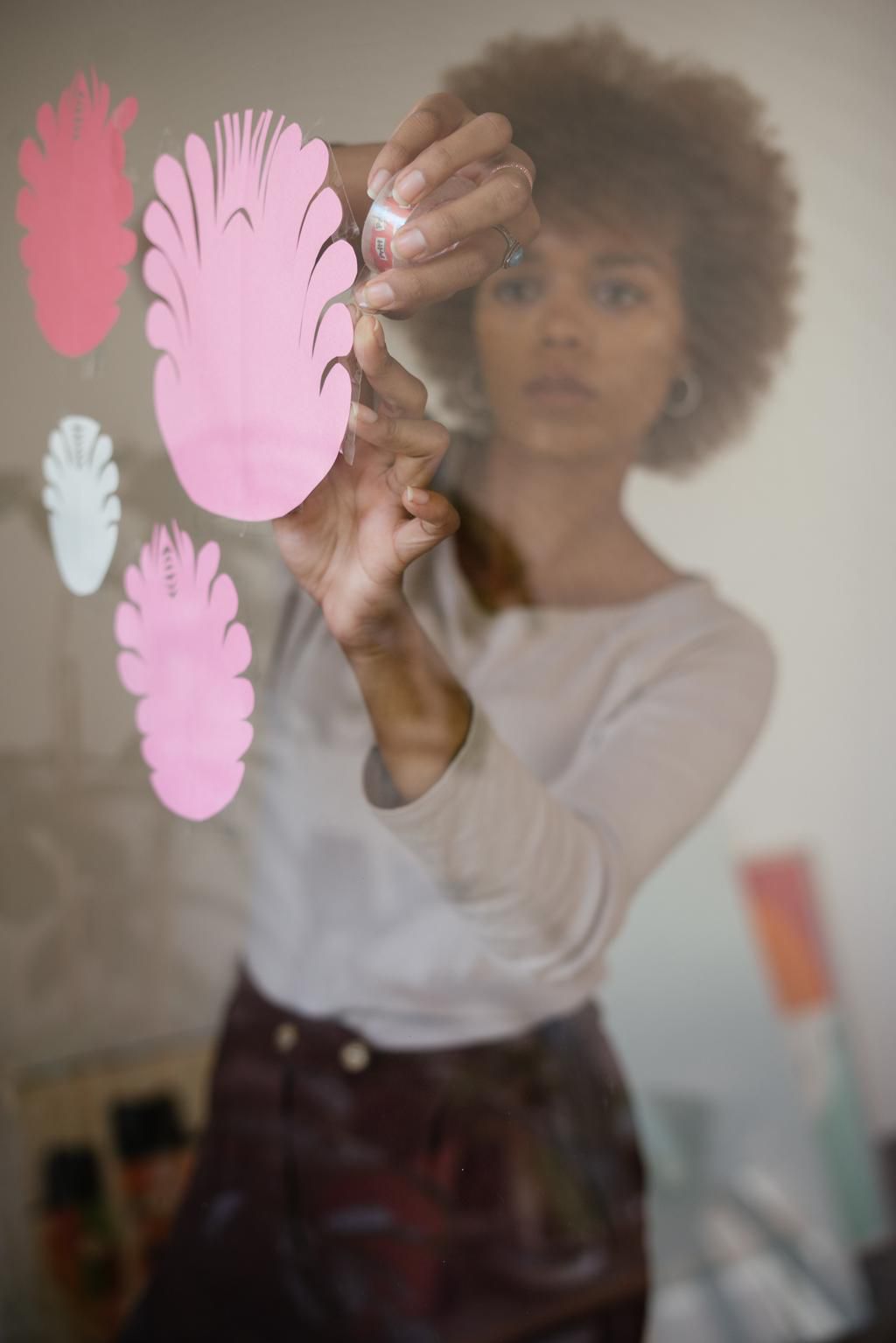What to do before going out when you have social anxiety
)
“The problem is that we think all stress is bad,” says Jeremy Jamieson, assistant professor of psychology at the University of Rochester in New York. In 2013, Jamieson and colleagues conducted a study showing that when an individual (with or without social anxiety) understands how their body responds to certain stressors, such as public speaking, they experience less stress in uncomfortable social situations.
“We see headlines about ‘Killer Stress’ and talk about being ‘stressed out,'” notes Jamieson. “But those feelings just mean that our body is preparing to address a demanding situation. The body is marshalling resources, pumping more blood to our major muscle groups, and delivering more oxygen to our brains,” he explains.
Understanding that these are just natural, yet false, alarms can help make people feel more at ease when they have to do something that usually makes them anxious, the researchers found.
Other research suggests that a helpful tool in coping with worries and negative thoughts is the “yes, but” technique. This technique requires the individual to challenge negative thoughts and counterbalance them with a positive affirmation.
For example, in a social anxiety scenario, a person would think: “Yes, I will indeed be attending a party packed with people that I don’t know. But, I am a funny, interesting individual with lots of hobbies, so I will definitely find something to talk about with others.”
Specialists suggest that to turn the table on the negative thoughts completely, a person should counter their fear with not just one, but up to three positive, affirming thoughts.

Here are practical ways to relax if events and gatherings trigger your social anxiety.
1. Avoid heavy drinking
Reports suggest that approximately 20% of individuals with social anxiety also have alcohol use disorder. Studies have shown that these findings apply to adults and adolescents with social anxiety.
So one top tip when it comes to keeping social anxiety in check and avoiding a potential worsening of symptoms is to avoid drinking too much, even if the initial feeling of relaxation that alcohol can provide seems attractive.
2. Prepare in advance
If you already know that you’ll have to be around a large group of people, then it’s probably a good idea to do a little mental and practical preparation.
You may want to do something you love, something relaxing or prepare a list of potential conversation topics and questions you would like to ask. If you get people talking about themselves, then you’ll be placing them in the limelight, and you won’t have to worry about your own performance.
Research has suggested that people with social anxiety tend to focus too much on the impression that they might leave on someone else. So putting the focus on someone else will relieve you of the weight of self-consciousness.
3. Make sure you have a "job" to do
Speaking of focusing on someone else, giving yourself a "job" to do in a social setting can channel that anxious energy. The sense of purpose and meaning can allow you to forget the worry that others might perceive you.
4. Try to turn anxiety into excitement
When you feel the wave of panic coming on, try to imagine that you’re excited instead. You can make this a general statement, repeating “I’m excited” to yourself, like a mantra. Or, you can make it specific, fooling your mind that you’re hyped about a coming event or situation. For instance, you can anticipate your upcoming activity or an online shopping spree.

This way, you may be able to trick your brain into thinking that your anxiety is actually a feeling of intense anticipation in the lead-up to a good thing. This technique is called “reappraisal.”
Prof. Alison Wood Brooks, from the Harvard Business School in Boston, MA, says, "The way we verbalize and think about our feelings helps to construct the way we actually feel. Saying ‘I am excited’ represents a simple, minimal intervention that can be used quickly and easily to prime an opportunity mindset and improve performance.”
5. Be in the moment, be curious
Since social anxiety can lock you inside your head, listening and paying attention to others and what is happening can help you relax. You can also be intentional about being curious as it is often key to turning anxiety into excitement and daring to try out things that normally make you nervous.
You can achieve this by purposefully paying attention to the conversation around you, the food, the sounds, smells, and other details in your surroundings.
6. Remember that you’re in charge
You can leave at any time you feel like it. Doing your best is enough and it is always good to back away when you feel that you have had enough.

)
)
)
)
)
)
![The case Zuena has against Luwi Light [DOCUMENT]](https://sportal365images.com/process/smp-images-production/pulse.ug/02022026/234d4a4f-77bd-4612-9ed7-c9ae5b18df4c.jpeg?operations=autocrop(112:112))
)
)